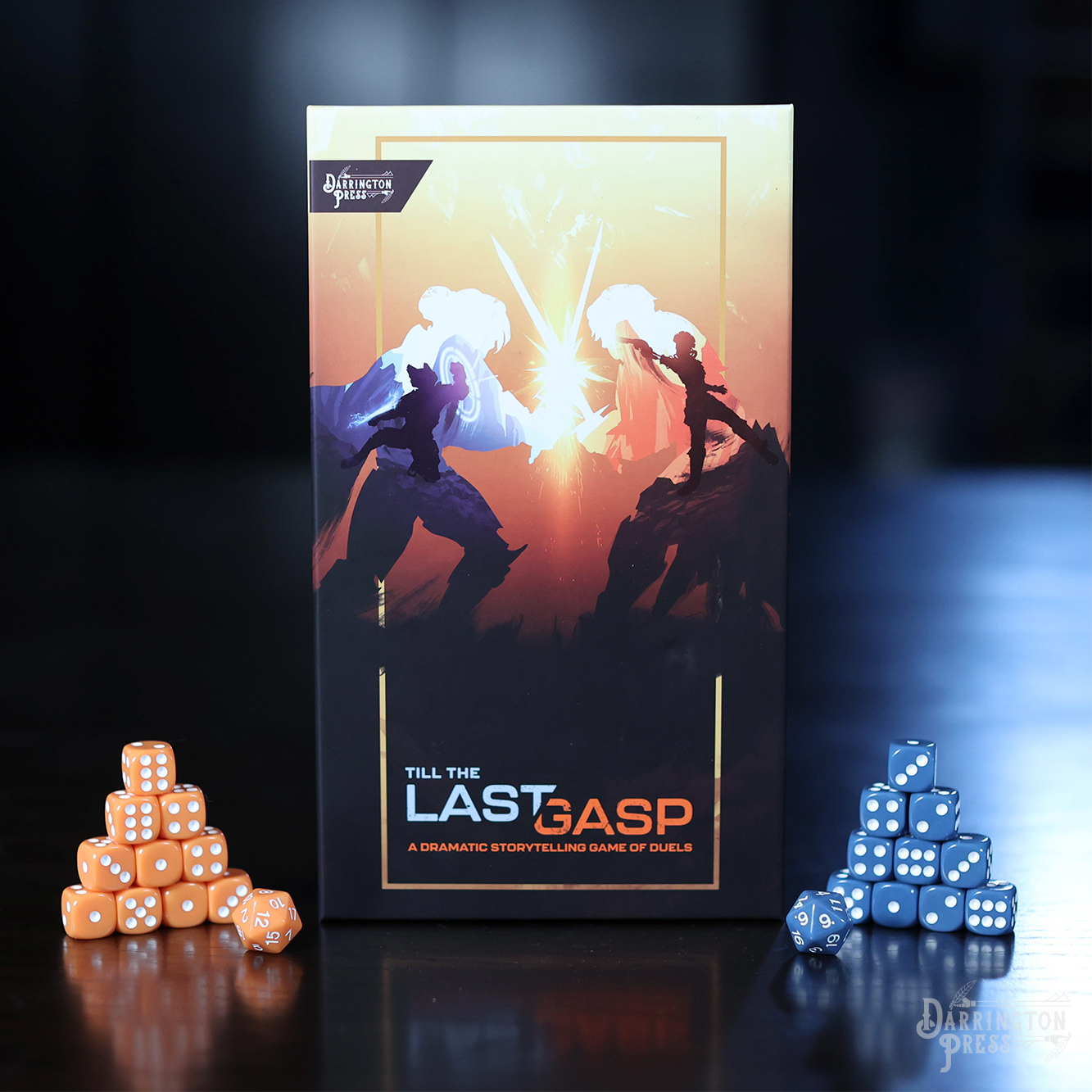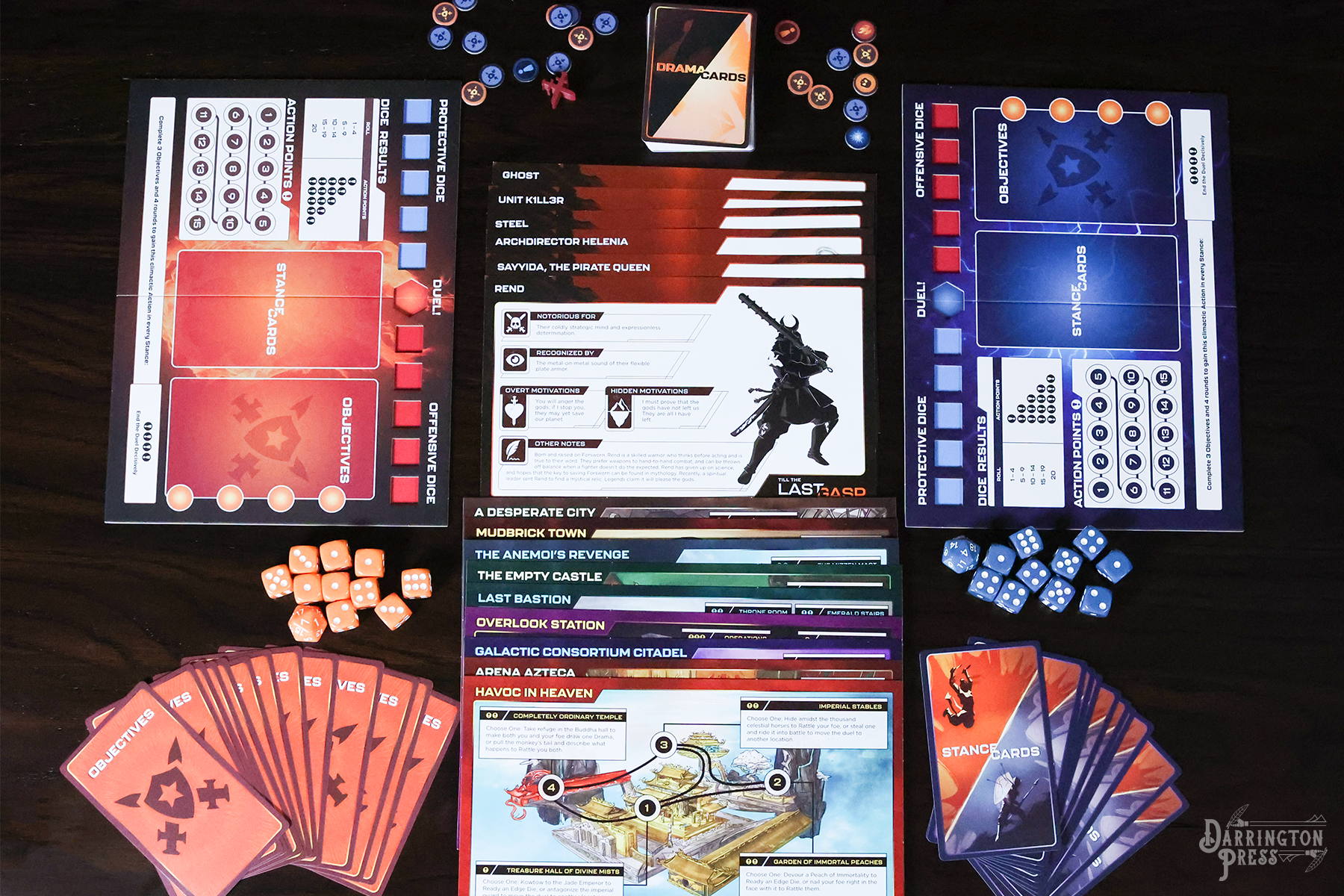So i said 'hell with it' and pulled out my Mekton Zeta books and starting stating out mecha and ship designs for a theoretical game, because sometimes you just gotta crunch some numbers.
I pulled some pics from Pinterest that looked interesting and started writing some setting-fluff and then designs inspired by the artwork. [We'll ignore for now the issues of piracy and using others artwork for personal benefit; the short of it is as long as I am not making money and can give the artists credit, i feel fine about this.] This spun into more worldbuilding ideas, and then a major side-quest of creating a sub-design workflow that made things simpler. Mekton is a system that can be as simple as you want, or as complex as you want. It recognizes that most supporting and background mecha don't need as much detail as the 'hero' units, and thus can do with less crunchy detail.
And then I realized I was going in the wrong direction; over twenty-four 'supporting' mecha designs (mostly capital ships and support craft) to two -two- 'hero' units written up so far. The focus had shifted from a setting with an emphasis on a few Hero units to huge capital ships and fleet composition. The original idea was to have lightly detailed units that support the setting, but now I worry I've gone too far down this rabbit hole. So, do I scrap what I have and start over? Take what I got so far and just change focus? The stuff I have written up so far is good within its own framework, I think. But I'm not sure its what I was originally going for. This is partially because of the variety of inspiring artwork, drawing from vastly different genres and settings. Trying to create a cohesive setting from highly disparate sources means a hodgepodge of elements. If I were planning to commercialize this setting, I'd either redo all the artwork myself, or commission some artists for new art.
This reminds me of the importance of 'setting bibles' and vision statements; writing down the vision and goal then referring to it later to check course and progress. Or, acknowledging that your initial idea needed some modification.
All this crunch, however, leads to the next step: actually playing a crunchy game systems. The point of lower-complexity designs for non-Hero units is to make the GM's life easier. Let the players have full-page sheets of details to track for their lone Hero units; the GM needs to track everyone else in the scene. That's what the side-quest was for: create a streamlined system for designing and using these supporting units; as GM I want to track an NPC unit on a 3x5 card, or half a page at most.

